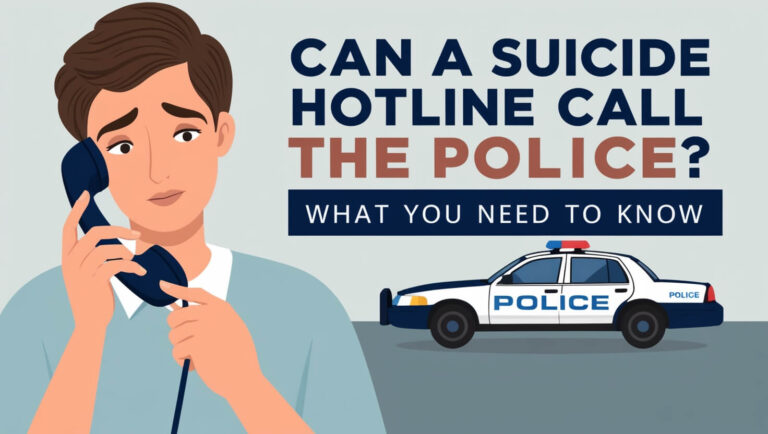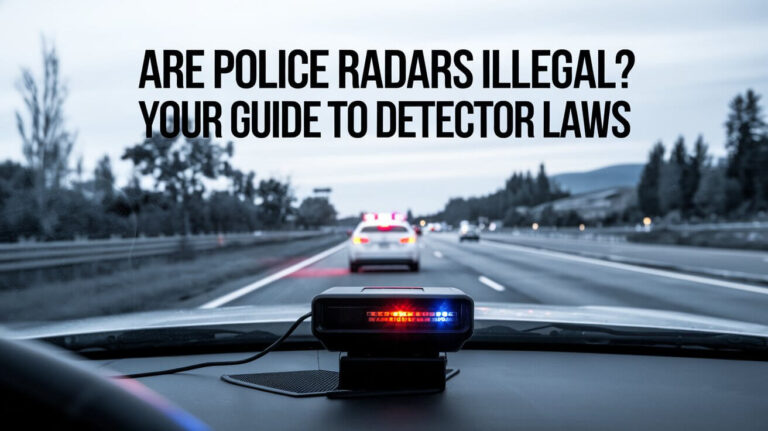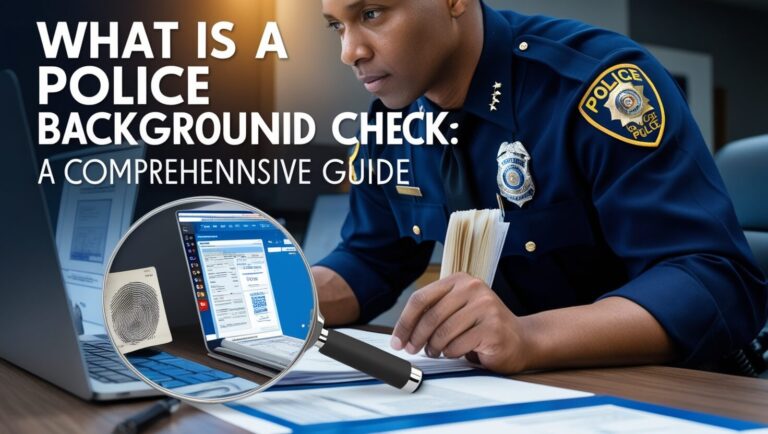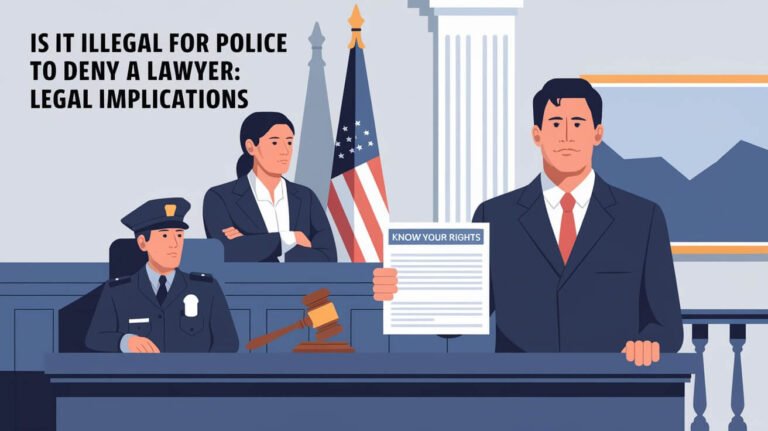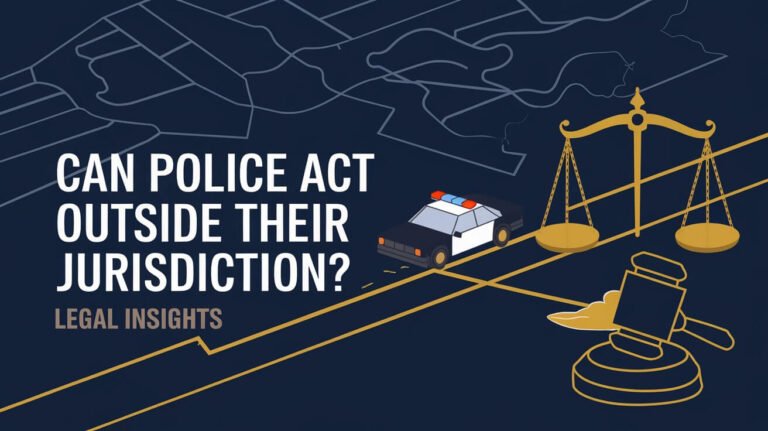Do You Have to Answer Police Questions? Know Your Rights
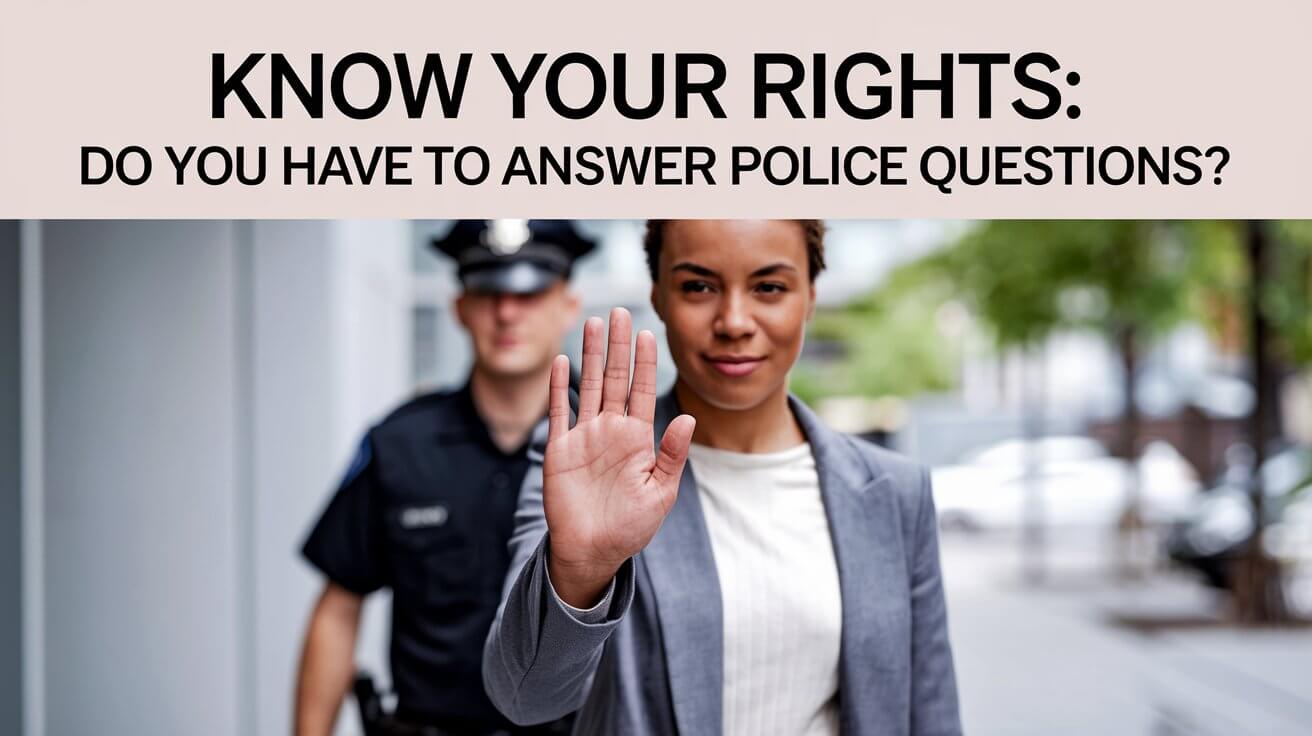
Police interactions can be stressful, and many people wonder if they’re legally required to answer questions from law enforcement. In most cases, you don’t have to answer police questions. The U.S. Constitution protects your right to remain silent. But there are some exceptions and nuances to this rule that everyone should understand.
This guide covers your rights during police encounters, common scenarios where you might face questioning, and how to handle these situations legally and safely. We’ll explore when you can stay silent, when you must provide information, and how to assert your rights respectfully.
Your Constitutional Rights When Interacting with Police
The foundation of your rights during police interactions comes from the U.S. Constitution. Two amendments are particularly important to understand.
The Fifth Amendment and the Right to Remain Silent
The Fifth Amendment is your shield against self-incrimination. It means you don’t have to answer questions that might implicate you in a crime. This right applies whether you’re innocent or guilty – it’s there to protect everyone.
Key points about the Fifth Amendment:
- You can invoke it at any time, even if you’ve already started talking
- Silence alone isn’t enough – you need to clearly state that you’re using your right to remain silent
- Police can still ask questions, but you’re not obligated to answer them
The Fourth Amendment and Protection Against Unreasonable Searches
The Fourth Amendment guards against unreasonable searches and seizures. This means police generally need a warrant or probable cause to search you or your property.
Remember:
- You can refuse consent to a search
- If police have a warrant or probable cause, they can search without your permission
- Refusing a search doesn’t mean you’re guilty – it’s your constitutional right
Miranda Rights: When They Apply
You’ve probably heard Miranda rights in TV shows: “You have the right to remain silent…” But when do they actually come into play?
Miranda rights must be read when:
- You’re in police custody (not free to leave)
- Police are about to question you about a crime
Contrary to popular belief, police don’t have to read you your rights just because they’re talking to you or even if they’re arresting you. They only need to if they plan to question you while you’re in custody.
Common Scenarios: When Police May Question You
Let’s look at some everyday situations where you might encounter police questions.
Traffic Stops: What You’re Required to Provide
Getting pulled over can be nerve-wracking. Here’s what you need to know:
- You must provide your license, registration, and insurance information
- You don’t have to answer questions about where you’re going or what you’ve been doing
- If asked to step out of the car, you should comply for safety reasons
- You can refuse a search of your vehicle, but if police have probable cause, they can search anyway
Street Encounters: Consensual vs. Investigative Stops
Not all police interactions on the street are the same. There’s a big difference between a casual chat and an official stop.
Consensual encounters:
- Police can approach and talk to anyone
- You’re free to leave at any time
- You don’t have to answer questions
Investigative stops (also called Terry stops):
- Police need reasonable suspicion of criminal activity
- You may be briefly detained
- You still have the right to remain silent, except for identifying yourself in some states
At Your Home: Responding to Police at Your Door
Your home is your castle, and you have strong rights there. If police come to your door:
- You don’t have to let them in without a warrant
- You can speak to them through the door or step outside
- You don’t have to answer questions
- If they have a warrant, you should let them in, but you still don’t have to answer questions
In Public Places: Knowing When You Can Walk Away
In public, it’s crucial to know when you’re free to go. Here’s a quick guide:
- If you’re not under arrest or being detained, you can walk away
- You can always ask, “Am I free to leave?”
- If the answer is yes, you can go. If it’s no, you’re being detained
- Even if detained, you still have the right to remain silent
Types of Questions Police Might Ask
Police officers ask questions for various reasons. Understanding the types of questions can help you respond appropriately.
Identification Requests: When You Must Provide Your Name
In some situations, you may need to identify yourself:
- During a traffic stop
- If you’re being cited for an infraction
- In states with “stop and identify” laws, during a valid Terry stop
But remember, providing your name doesn’t mean you have to answer other questions.
Questions About Your Activities or Whereabouts
Police often ask about what you’re doing or where you’ve been. These questions can seem innocent but might be fishing for incriminating information. You’re not obligated to answer these.
Examples:
- “Where are you headed?”
- “What have you been up to tonight?”
- “Do you know [person’s name]?”
Inquiries About Potential Criminal Activity
Sometimes, police directly ask about crimes. These questions are clearly aimed at gathering evidence. You have the right to remain silent here too.
Examples:
- “Have you been drinking tonight?”
- “Do you know anything about [specific crime]?”
- “Can you explain why you were in [location] at [time]?”
Strategies for Responding to Police Questions
Knowing your rights is one thing. Using them effectively is another. Here are some strategies for handling police questions.
Politely Asserting Your Right to Remain Silent
It’s crucial to be respectful while asserting your rights. Here’s how:
- Use clear, polite language: “I’m choosing to exercise my right to remain silent.”
- Stay calm and avoid arguing or being confrontational
- Don’t explain why you’re staying silent – that could be used against you
Asking if You’re Free to Leave
If you’re unsure about your status, always ask if you’re free to go. It clarifies the situation and can help protect your rights.
How to ask:
- “Officer, am I free to leave?”
- If yes, you can go
- If no, ask if you’re being detained or arrested
Requesting a Lawyer Before Answering Questions
Asking for a lawyer is a powerful way to protect yourself. Once you do:
- Police should stop questioning you
- Any further attempts to question you violate your rights
- You can say: “I want to speak to a lawyer before answering any questions.”
Consequences of Not Answering Police Questions
While you have the right to remain silent, it’s important to understand how using this right might affect your situation.
Can Silence Be Used Against You in Court?
The short answer: it depends.
- Pre-arrest silence generally can’t be used against you
- Post-arrest silence after Miranda rights can’t be used against you
- But in some cases, silence before arrest might be mentioned in court
It’s complex, which is why many lawyers advise clients to clearly invoke their right to remain silent.
Potential for Arrest or Detention
Not answering questions doesn’t automatically lead to arrest. But it might:
- Prolong your interaction with police
- Make officers more suspicious
- In rare cases, lead to temporary detention for further investigation
Remember, an arrest must be based on probable cause, not just your silence.
Impact on Police Investigations
Your silence can affect how police proceed with their investigation:
- They might seek evidence elsewhere
- It could lead to more thorough questioning of other witnesses
- In some cases, it might make police drop the matter entirely
Special Circumstances: When You May Need to Answer
While you generally have the right to remain silent, there are a few situations where you may need to provide some information.
During a Lawful Arrest: Providing Basic Information
If you’re being arrested, you typically need to provide:
- Your name
- Your address
- Basic identifying information
But you don’t have to discuss the alleged crime or answer other questions without a lawyer.
Witness Interviews: Balancing Cooperation and Rights
If you’re a witness, not a suspect, you might want to help. But remember:
- You still have the right to remain silent
- You can choose which questions to answer
- You can stop the interview at any time
- Consider having a lawyer present, especially for serious crimes
Immigration Encounters: Special Considerations
Non-citizens have additional concerns:
- You must provide valid immigration documents if requested
- You have the right to remain silent about your immigration status
- Consult with an immigration lawyer before answering questions about your status
Myths About Talking to the Police
Let’s bust some common misconceptions about police interactions.
“If You’re Innocent, You Have Nothing to Hide”
This is a dangerous myth. Even innocent people can say things that seem suspicious or incriminating. Your right to remain silent exists to protect everyone, guilty or innocent.
“Refusing to Answer Makes You Look Guilty”
While it might feel that way, legally, your silence can’t be used as evidence of guilt. Protecting your rights doesn’t make you guilty – it makes you smart.
“Police Must Always Read You Your Rights”
As we covered earlier, Miranda rights are only required for custodial interrogations. Many police interactions don’t require them at all.
The Importance of Knowing Your Rights
Understanding your rights isn’t just about protecting yourself – it’s about being an informed citizen.
Educating Yourself on Law Enforcement Interactions
Take time to learn more about your rights:
- Read reliable legal resources
- Attend community workshops on civil rights
- Stay updated on changes in local laws
Teaching Children and Teens About Police Encounters
Young people should understand their rights too:
- Role-play potential scenarios
- Emphasize respect while asserting rights
- Teach them to ask for a parent or guardian during questioning
Resources for Further Learning About Your Rights
There are many great resources available:
- ACLU’s Know Your Rights materials
- Local legal aid organizations
- Civil rights attorneys’ websites and blogs
When to Seek Legal Advice
Sometimes, you need professional help to navigate police interactions.
Signs You May Need a Lawyer
Consider legal help if:
- You’re a suspect in a crime
- You’ve been arrested or charged
- Police keep contacting you for questioning
- You’re unsure about your rights in a specific situation
Finding Legal Aid or Pro Bono Services
If you can’t afford a lawyer:
- Look for local legal aid societies
- Check with your state bar association for pro bono programs
- Some law schools have clinics that provide free legal help
Preparing for a Police Interview with Legal Counsel
If you decide to speak to police with a lawyer:
- Discuss your case thoroughly with your attorney first
- Let your lawyer do most of the talking
- Follow your attorney’s advice about which questions to answer
Understanding your rights during police interactions is vital for self-protection and fair treatment. You generally don’t have to answer police questions, but there are exceptions. Know your rights, assert them respectfully, and recognize when to seek legal help. This knowledge helps you handle police encounters more confidently and safely.
Remember, asserting your rights isn’t about being difficult or uncooperative – it’s about protecting yourself and upholding the principles of our legal system. Stay informed, stay calm, and when in doubt, don’t be afraid to ask for a lawyer.

